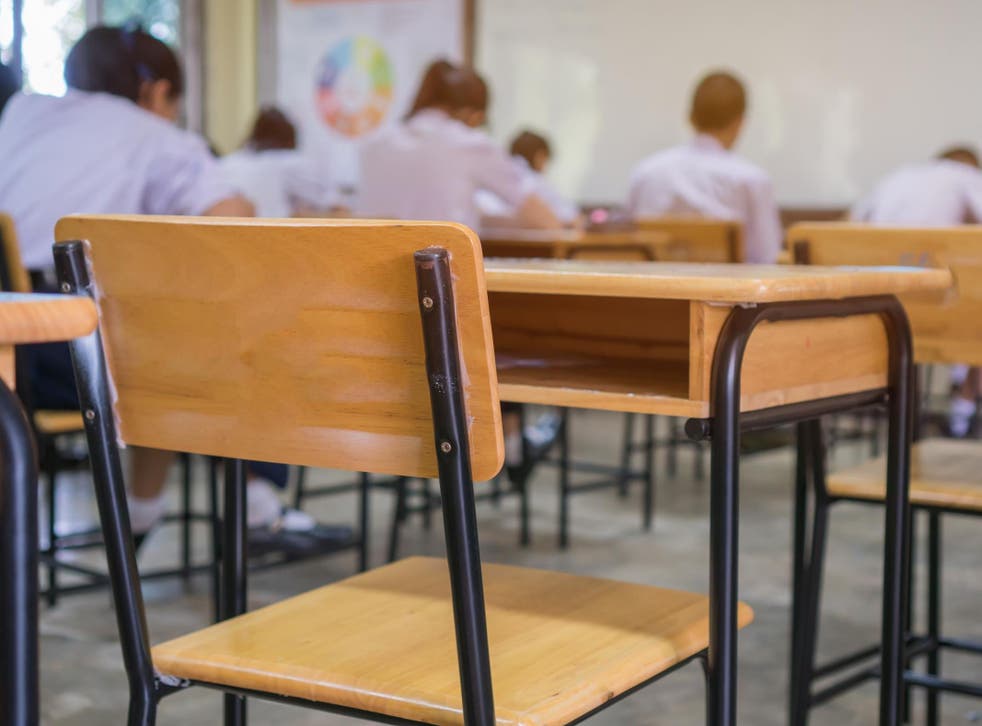“These problems can be resolved with action. Where schools need assistance it must be given quickly.”
órsa today (Wednesday) has called on the Minister for Education, Norma Foley TD, to implement concrete actions to support special education schools and classes providing services to students with additional education needs. The union, which represents 12,000 special needs assistants (SNAs) said such actions were necessary if the minister’s “hierarchy of priority” of children to remain in school is to be achieved.
The union’s head of education Andy Pike said the Government’s decision to reopen schools tomorrow (6th January) recognises the difficulties staff will encounter, and seeks to prioritise services for the most vulnerable students who need to maintain face to face learning: “However, this policy will not be delivered unless ministers make more effort to deliver essential support and protections for special education schools and classes.”
Mr Pike said Fórsa is calling on the Government to ensure that every special education classroom has an up-to-date Covid risk assessment and, where necessary, that HEPA filters and other essential ventilation devices are installed without delay.
Ministers must match words with actions and ensure special education has the necessary support required to cope with the Omicron variant.
He said Fórsa secured an agreement yesterday (Tuesday) that the HSPC would review the use of appropriate PPE by SNAs, and to ascertain if FFP3 level masks, as used by healthcare workers, should be provided to SNAs who currently have access to the FFP2 surgical face masks. He said the union is calling for this review to be completed in a matter of days to ensure an upgrade in PPE can be implemented next week.
He added: “It’s time ministers matched words with actions and demonstrated some commitment to ensuring special education has the necessary support required to cope with the Omicron variant. Conditions in special education are, for good reason, different from mainstream classes. There can be no social distancing between staff and students requiring intimate personal care. Students with additional needs will not be able to wear masks and they won’t be vaccinated.
“Their journeys to and from school on bus transport are often lengthy, with little protection against transmission of the virus. The risks to students and staff in special education facilities are higher than in mainstream classes. The minimum the minister can do is to ensure that up-to-date risk assessments are in place, that every room that needs a HEPA filter has one installed, and that the review of PPE is expedited as quickly as possible. These problems can be resolved with action. Where schools need assistance it must be given quickly.”
Mr Pike said Fórsa will be in contact with school boards of management to make clear that risk assessment should include an assessment of air quality.
It’s never been more important – or easier – to get the protections and benefits of union membership. Join Fórsa HERE or contact us HERE.

